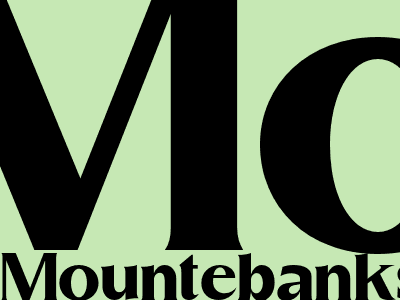Mountebanks Crossword | In Depth Analysis
Origins and History
The term "mountebank" emerged in the 16th century, initially referring to tricksters and quacks who sold bogus cures and remedies at fairs and marketplaces. These individuals often employed flamboyant costumes, elaborate speeches, and exaggerated gestures to attract attention and peddle their questionable products.
Over time, the term's meaning evolved to encompass a wider range of charlatans and confidence tricksters, including those involved in religious hoaxes, political deception, and financial scams.
Mountebanks in Literature
Mountebanks have been a frequent subject of satire and ridicule in literature, often portrayed as comical and contemptible figures. William Shakespeare's play "As You Like It" features a character named Touchstone, a court jester who mocks the pretensions of a self-proclaimed philosopher.
The works of Charles Dickens also frequently depict mountebanks, exposing their hypocrisy and greed. In his novel "The Pickwick Papers," a character named Alfred Jingle is portrayed as a glib and unscrupulous con artist.
Crossword Puzzle Clues
In crossword puzzles, "mountebank" is often used as a clue for words related to deception or trickery. For instance, a clue like "charlatan" or "confidence trickster" might have "mountebank" as the answer.
Examples of Mountebank Behavior
Today, mountebanks continue to exist in various forms, exploiting people's vulnerabilities and credulity. Some common examples include:
- Fraudulent health claims and miracle cures
- Political demagogues and conspiracy theorists
- Investment scams and pyramid schemes
- Religious cults and false prophets
Protecting Yourself from Mountebanks
To protect yourself from falling victim to mountebanks, it is crucial to be skeptical of claims that seem too good to be true and to do your research before investing your time or money.
Remember that reputable organizations and individuals typically do not engage in exaggerated or deceptive tactics. If something seems suspicious, it is always wise to err on the side of caution.
Conclusion
The term "mountebank" has a rich history, describing individuals who use deception and trickery to take advantage of others. From their origins as peddlers of bogus cures to their modern-day counterparts in various forms of fraud, mountebanks continue to be a cautionary tale about the dangers of gullibility and the importance of critical thinking.

Comments